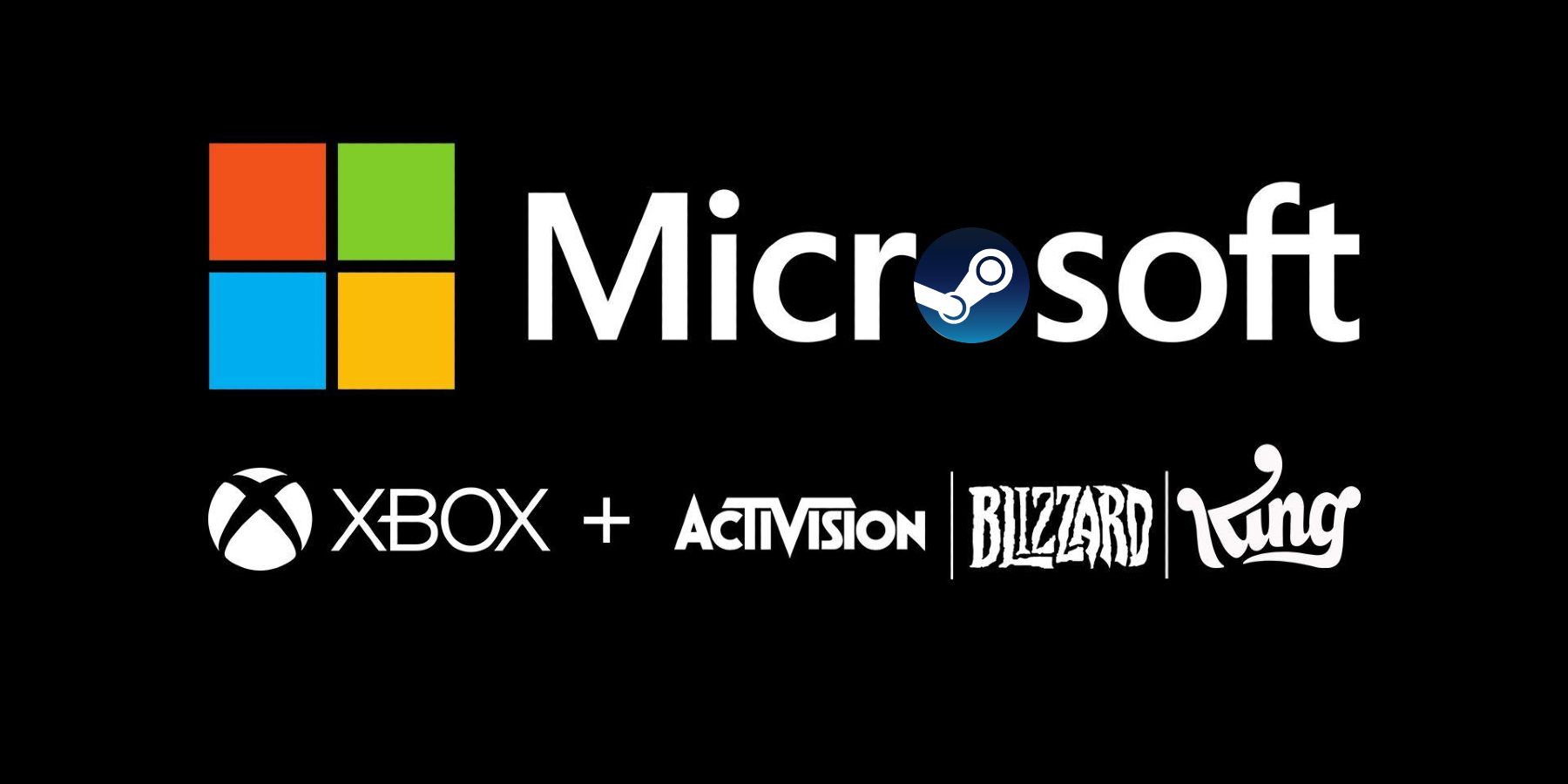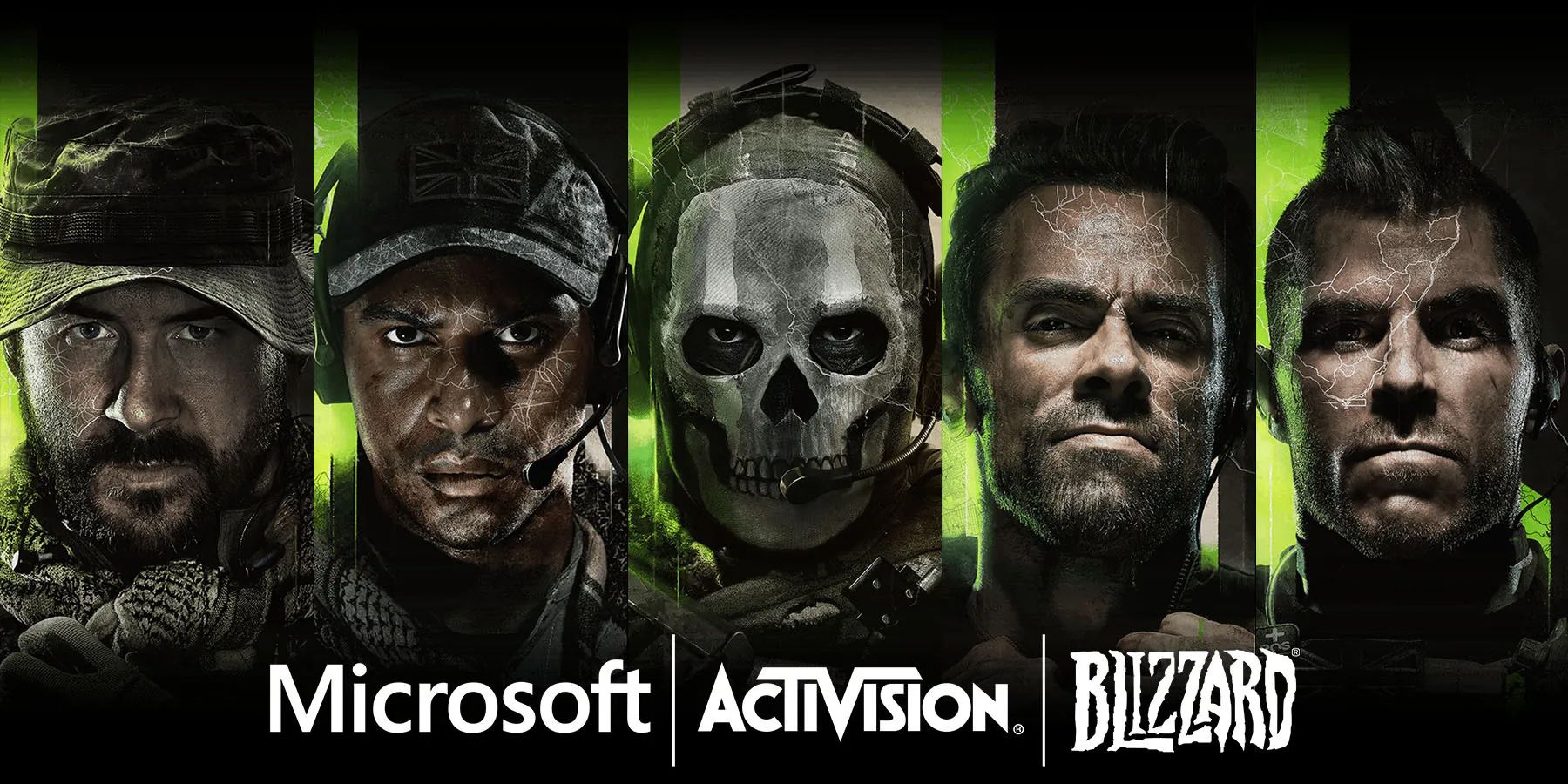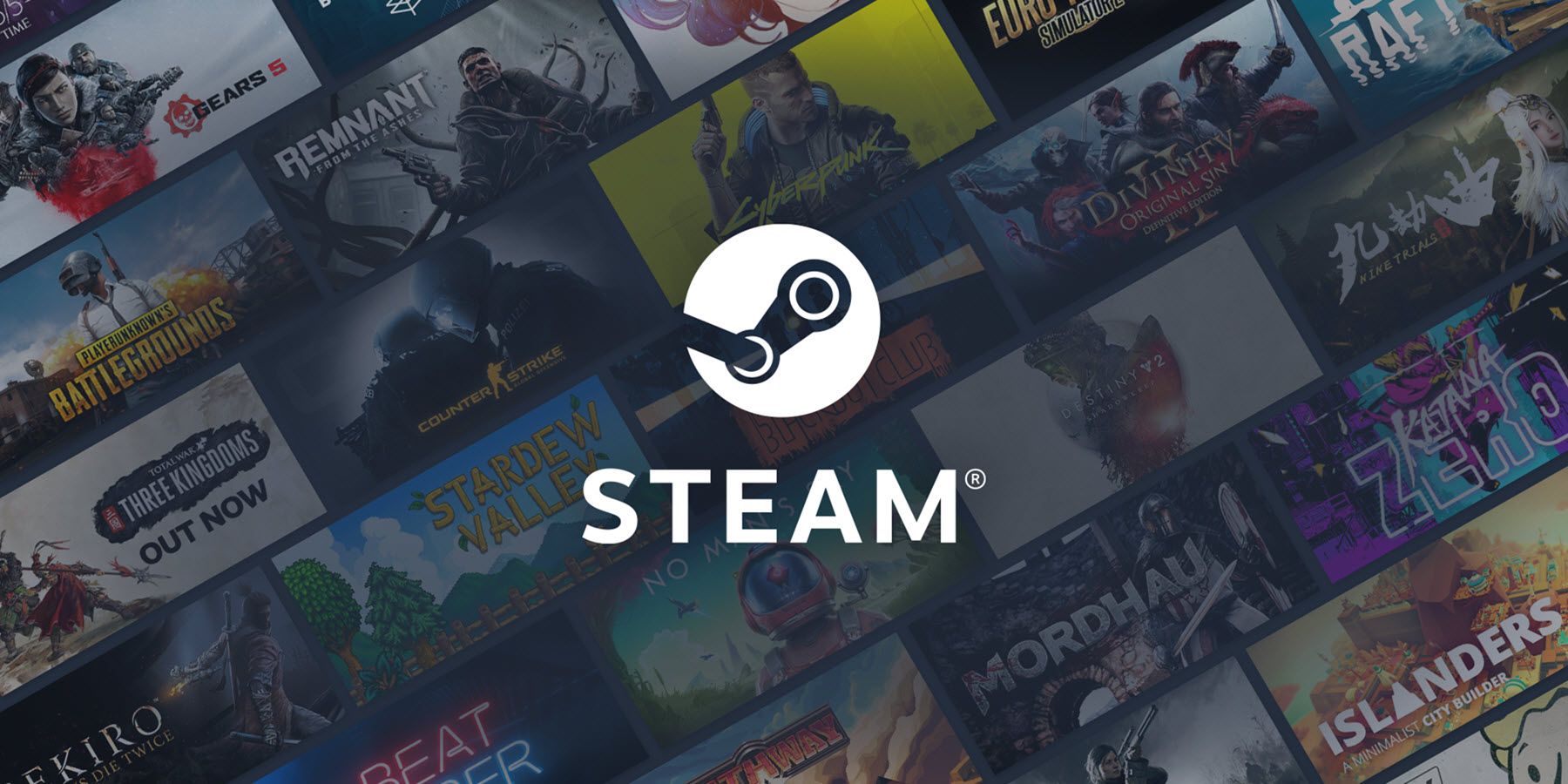While it is true that Microsoft has long been a dominant force within the gaming industry, the company has arguably received a record-breaking amount of attention within the space thanks to its industry-defining acquisitions of high-profile entities. The most important of these acquisitions is undoubtedly the potential takeover of Activision Blizzard by the tech giant, which would be the most expensive acquisition in gaming history should it be finalized.
This acquisition by Microsoft has been subject of a serious amount of scrutiny, be it from international courts or from the other giants of the gaming industry. Sony can be said to be spearheading these criticisms of Microsoft's Activision deal, but recent statements from Steam directly juxtapose a lot of the main issues that Sony has insinuated the deal would bring about.
Microsoft's Acquisition of Activision Blizzard
Microsoft first announced its intentions to acquire Activision Blizzard in January 2022, citing a record-breaking price tag of $68.7 billion for the purchase. The deal would see Microsoft take ownership of IPs such as Diablo, Overwatch, and Call of Duty, massively increasing the industry presence of the company in a way that not many other acquisitions could.
This followed a trend of Microsoft successfully finalizing a spate of other high-profile acquisitions, with the company acquiring Minecraft creator Mojang in 2014, as well as Elder Scrolls and Fallout creator Bethesda in 2021. Predictably, the massive scale of the Activision acquisition has seen it be the subject of serious scrutiny, with the deal still being relatively uncertain over a year after its initial announcement. Famously, the deal is going to trial with the FTC, and has consistently faced very outspoken criticism from the likes of Sony right from the outset of the deal's announcement.
Sony's Microsoft-Activision Criticisms and Steam's Contract Refusal
It can be argued that Microsoft is the largest direct competitor to Sony in the gaming sphere, and so it is no wonder that Sony is quite vocal in its disapproval of what is such an industry-shaking acquisition. Sony's complaints against the Activision deal have been extensive and sustained, with PlayStation CEO Jim Ryan going as far as meeting with European regulators to give his perspective on how damaging the deal could supposedly be for the industry.
The overarching complaint made by Sony over the Activision Microsoft acquisition concerns how the deal could supposedly damage the level of competition that currently exists within the gaming industry. Sony alleges that Microsoft could leverage massively influential IPs such as Call of Duty by making them exclusive, strong-arming other companies out of a huge market share and pushing consumers toward Microsoft and Xbox.
To counter this, Microsoft has been making many deals with other platform providers regarding Call of Duty, laying the groundwork for a Call of Duty that could potentially be as accessible as it ever has been. For example, Microsoft has already signed Call of Duty deals with Nintendo, Nvidia, and several cloud gaming providers which paint a picture of shared CoD enjoyment that goes against the grain of Sony's criticisms.
As a part of this, Microsoft also attempted to sign a deal with Steam that would have seen CoD come to Steam for the next ten years, although Steam declined to sign such a contract. Reportedly, Steam cited its good working relationship with Microsoft as a basis of trust in which it felt a contract was unnecessary, meaning Steam feels it will enjoy Call of Duty for the foreseeable future even without such a deal being struck. Of course, this directly contradicts Sony's claims that Microsoft will use Activision's IPs to push people away from other platforms, and is seemingly the latest move by Microsoft to invalidate the many criticisms it is facing over the Activision acquisition.



